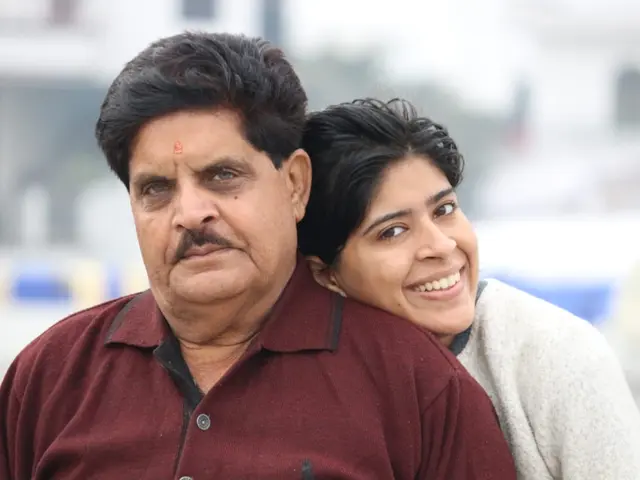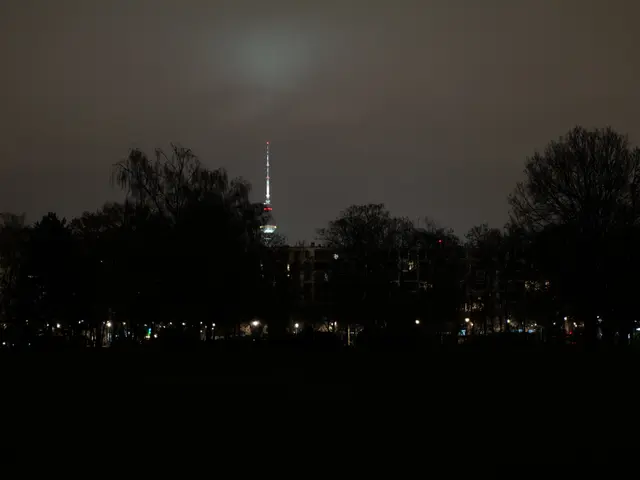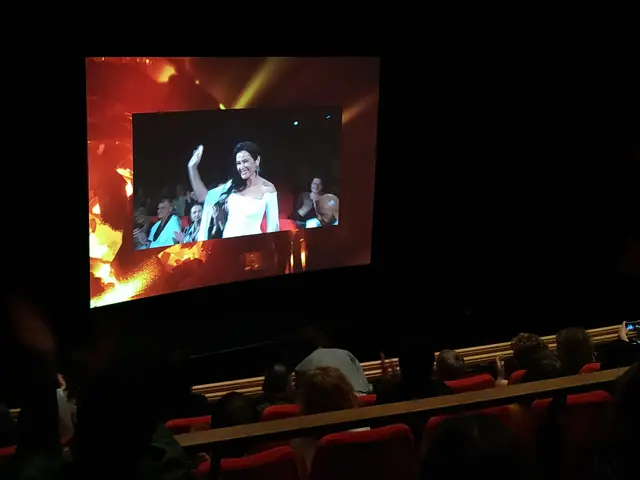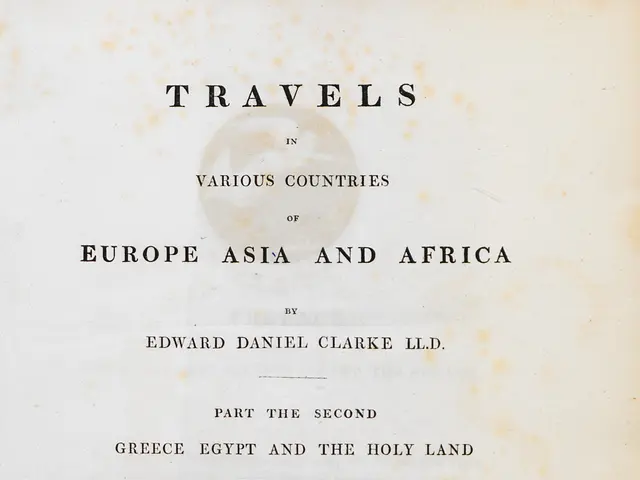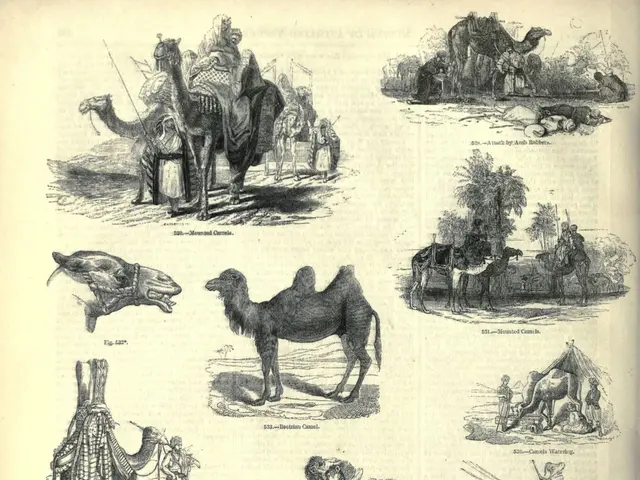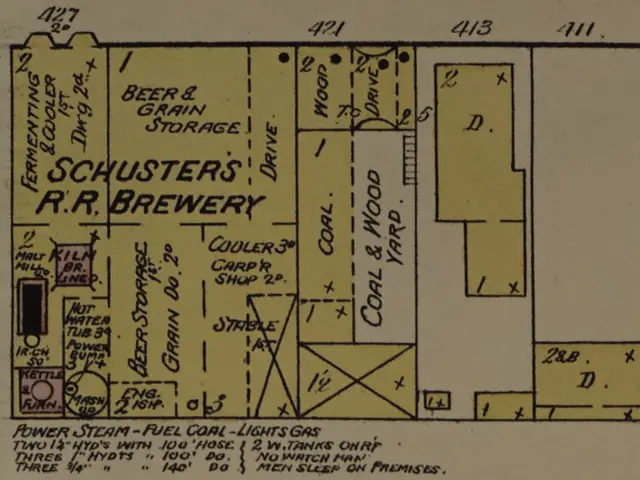Jimmy Kimmel's temporary suspension met with light-hearted commentary and unity on late-night talk shows
In a show of solidarity, late-night hosts Jon Stewart, Stephen Colbert, and Jimmy Fallon opened their shows with a mix of humour and seriousness, addressing the indefinite suspension of ABC's "Jimmy Kimmel Live!" following comments made by Kimmel about the assassination of conservative activist Charlie Kirk.
Jimmy Kimmel's show was suspended due to these comments, sparking concerns about censorship in the media industry. Stewart, Colbert, and Fallon voiced their support for Kimmel, with Colbert calling the suspension "blatant censorship."
David Letterman, a veteran in the late-night scene, expressed his concern over the networks' moves, stating that it's managed media and people shouldn't be fired for not "sucking up" to an authoritarian president.
Stewart, in his show, opened with a voiceover promising adherence to the party line, a move that seemed to hint at the pressure faced by late-night hosts in today's political climate. Stewart fidgeted nervously, as though he was worried about speaking the correct talking points.
Jon Stewart interviewed journalist and Nobel Peace Prize recipient Maria Ressa to discuss censorship concerns raised by Kimmel's suspension. Ressa, a Filipino-American journalist known for her investigative journalism exposing government corruption and defending press freedom, offered insights into coping with censorship and authoritarianism in journalism.
Stewart and Ressa's discussion was a poignant reminder of the importance of free speech and the role of the media in holding power to account.
Meanwhile, Fallon praised Kimmel and vowed to keep doing his show as usual. However, an announcer replaced most of his critiques about President Donald Trump with praise, a move that was met with criticism from some viewers.
Fallon's guests, actor Jude Law, journalist Tom Llamas, and actor and singer Jonathan Groff, did not address Kimmel's situation during their appearances.
Stephen Colbert, on the other hand, took a more serious approach, praising Kimmel and reiterating his stance on the suspension as "blatant censorship."
The events surrounding Kimmel's suspension have sparked a wider conversation about the role of comedy and satire in criticising political figures, and the potential consequences for those who dare to speak truth to power. As the situation unfolds, it remains to be seen how the media landscape will respond to these challenges.


